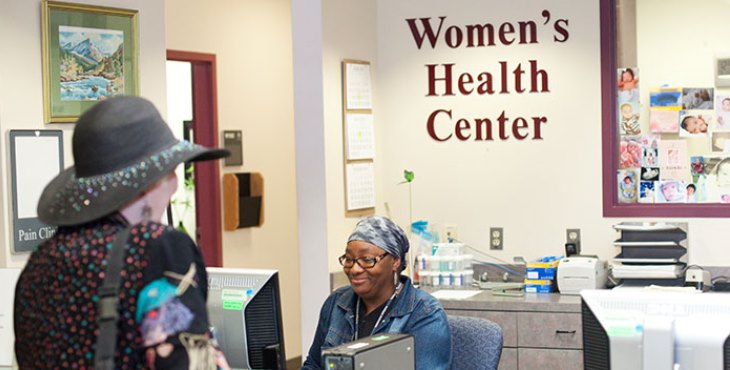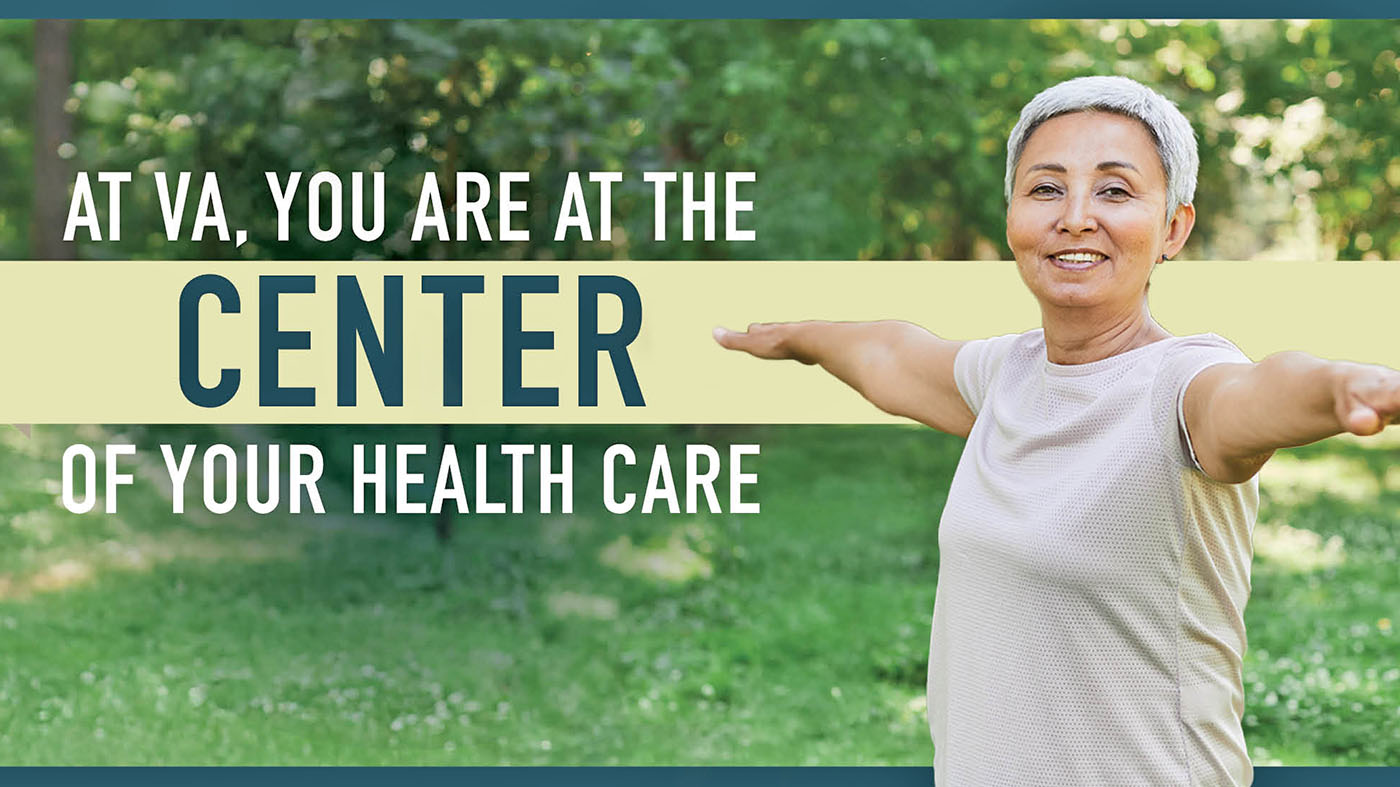The following is an excerpt of A New Battlefront, a recent article about how VA researchers are designing better ways to deliver services to homeless female Veterans as well as to better understand the root causes of homelessness among women Veterans.
Ashley Martel was caught in a dangerous web. Her life was spiraling out of control, and she had nowhere to turn.
The Army Veteran was arrested for driving under the influence of drugs and spent time in jail for violating probation and driving on a suspended license. She also suffered from PTSD largely due to a traumatic experience while she served in the Army from 2009 to 2010.
Having reached a breaking point, she attempted suicide by overdosing on pain medication before going to sleep one night. She woke up a few hours later and cried.
“I’ve been struggling with depression for years,” says Martel, now 29. “In the past year, I wanted to die. I didn’t have any purpose. I was dancing. I was seeing the ugly. The military made me hate men. I was just consumed with sadness. I couldn’t get a grip on anything.”
Although Martel always had a roof over her head, her housing situation was unstable. She was broke, couldn’t pay her rent, and lacked electricity and hot water for up to eight months. She’s now living in a transitional housing facility that rehabilitates homeless female Veterans on the VA campus in Leeds, Massachusetts, where she says she has found “structure.”
Martel is fortunate that her life has stabilized. Many other female Veterans aren’t as lucky.
Women comprise the fastest-growing segment of the homeless Veteran population. In its 2017 Annual Homeless Assessment Report to Congress, the U.S. Department of Housing and Urban Development (HUD) estimated that just over 40,000 veterans were homeless on a single night in January of that year. Of those, about 9 percent were women, out of a population of more than 2 million female Veterans. From 2016 to 2017, the number of homeless female Vets increased by 7 percent, compared with 1 percent for their male counterparts.
To read more about the research and the rest of Martel’s story, visit VA Research Currents.
About the author: Mike Richman is a writer and editor for VA Research communications. This article is an excerpt a recent article about how VA researchers are designing better ways to deliver services to homeless female Veterans as well as to better understand the root causes of homelessness among women Veterans. Read the full article here.
Topics in this story
More Stories
At VA, we put women Veterans at the center of your care with a personalized Whole Health approach for your unique needs and goals.
VA has updated its process for awarding G.I. Bill benefits. This means that many Veterans who served multiple periods of military service (for example, Veterans who reenlisted) may be eligible for additional benefits for themselves or their beneficiaries.
This month's Center for Women Veterans Book Corner author is Navy Veteran Kimberly Henry, who served as a Cryptologic Technician and Sexual Assault Victim Advocate from 2009-2019. She created "Warrior's Path to Healing: A 12-Week Empowerment Journal for Women Veterans."






